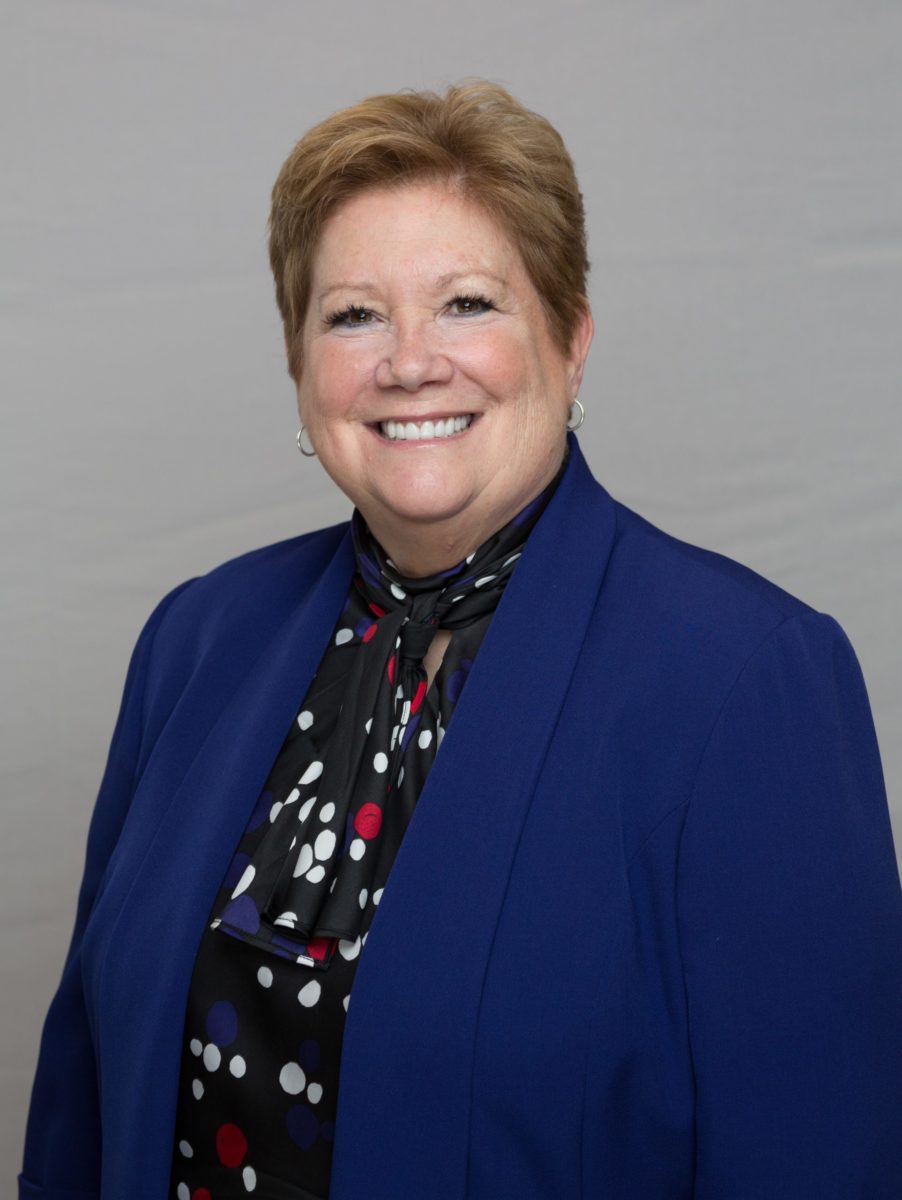As the local economy begins to rebuild and recover from the effects of the pandemic, workforce development programs have emerged to provide displaced workers and workers from underserved communities with new opportunities.
We’ve seen funding for STEM-based education programs, the local launches of equity-minded coding bootcamps, an apprenticeship program to train future business analysts and a corporate partnership aimed at training 5,000 Philadelphians in tech careers, to name a few. Workforce development is also a big part of the Biden administration’s American Jobs Plan proposal.
Add these to the list: One tech training program is launching and one is expanding to reach professionals from communities that are often forgotten when discussing the digital economy.
The nexus between workforce development and higher education
Career Bridge from Center City’s Peirce College seeks to prepare displaced workers for new careers by providing them with the skill sets needed to earn a living wage. Beginning in September, students will gain preparation for jobs in medical coding, information technology, cybersecurity, project management, sales, and financial and business operations.
Peirce College President and CEO Dr. Mary Ellen Caro told Technical.ly Career Bridge is different from other workforce development programs in three ways:
- Its length is shorter, with programs completed in six to nine months.
- Students can gain embedded credentials.
- Students can earn college credit that they can use to transfer to another institution.
“This approach is unique because it’s the nexus between workforce development and higher education,” Caro said. “As we developed it, we looked at the ongoing research work by firms like Strada Education Network that said on the employer side, they were looking for credentials and ‘power skills,’ called soft skills in the past. They were also looking for shorter programs so they could bring people into their emerging opportunities. Looking into that, it was clear to us that we needed to flex the offerings we had. We always have been an applied institution, so we wanted to see how we could build a shorter program with applied credentials and also have the opportunity for credit bearing.”
Peirce College received a $500,000 from The Lenfest Foundation to support the launch of its new program and cover the cost of working with 40 need-based students. The grant was extended to also make Career Bridge more accessible to displaced and unemployed workers and people in underserved communities.
Career Bridge is also open to military veterans, military spouses and other career changers who will have the option to continue their college education after completing 16 to 25 degree credits though the program. And they’ll be connected to employers from day one of the program, as opposed to getting connected to employers at the end, Caro said.
By combining Peirce courses, industry-specific certifications and skill mapping with career advising, the CEO said, Career Bridge will help participants hone skills that employers consider necessary for growth. The program will evaluate its progress by the number of participants who complete it and are placed in jobs.
Career Bridge will also work with other regional social service and job training programs that are already in place locally. For instance, the Philadelphia Opportunities Industrialization Center, Inc. (OIC)‘s BankWork$ program trains adults from underserved communities for careers in banking, and already can earn Peirce students three credits. Those credits are also applicable for students hoping to enter the Career Bridge program, giving them an early advantage in their course work.
After the first group makes their way through Career Bridge, Caro hopes they develop a level of confidence in addition to the more tangible elements of the program. By preparing workers from underserved communities or who have been displaced for new careers, she said that Career Bridge can have a positive impact on the local workforce.
“I believe through this program we are forging new frontiers for higher education and workforce development,” she said. “With Lenfest support, we’re not just talking about it, we can go do it. Hopefully it will be an example that others can follow.”
New economic opportunities in the digital economy
With a $3 million Comcast grant, National Urban League’s Urban Tech Jobs Program is expanding in Philadelphia and five other cities. The program offers coursework for certifications such as CompTIA A+, Network+ and Security+ as well as paid work experience. These certifications can allow participants to pursue IT careers such as network administration and installation technician.
The Urban League said its plans are in direct alignment with its Lewis Latimer Plan for Diversity and Inclusion, a strategy inspired by the Black inventor that focuses on providing Black households with the internet service and resources to succeed and attain new economic opportunities that come with the emerging digital economy.
More than 800 workers have participated in the Urban Tech Jobs Program nationally since 2016. With this new funding, 240 people will be trained through an expansion of the program at these Urban League affiliates:
- Urban League of Philadelphia
- Chicago Urban League
- Houston Area Urban League
- Urban League of Broward County
- Urban League of Greater Atlanta
- Urban League of Greater Pittsburgh







